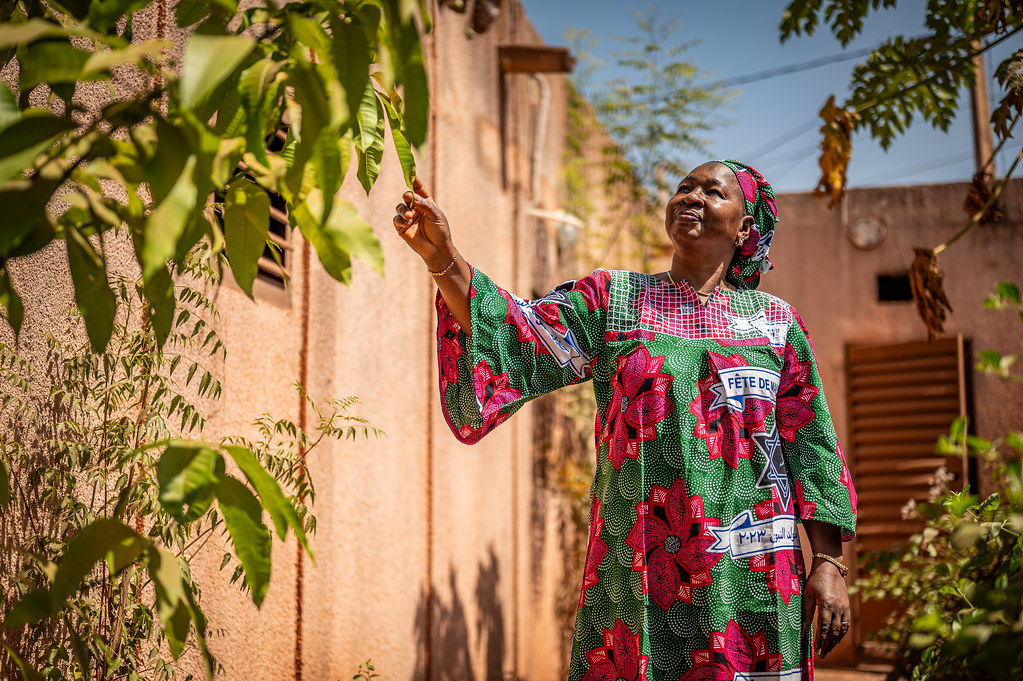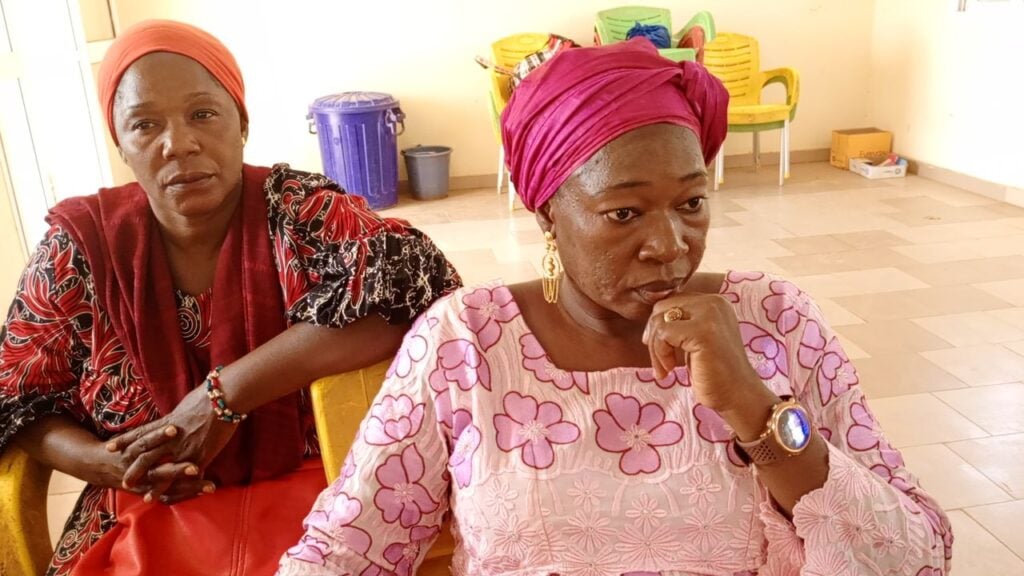Mali has faced political and security turmoil since 2012, worsened by multiple coups d’état—the latest on 24 May 2021—which have undermined governance and stability. In the north, conflicts with separatist and extremist groups have caused widespread violence and displacement. In May 2024, the transitional government launched an inter-Malian dialogue—an opportunity to address long-standing conflicts and shape a more stable future. For women, who have historically been marginalised in public life, this dialogue represented a critical opportunity to ensure their voices are heard.

As one female leader from the commune of Kona explains: “Life has always been challenging for women, particularly for those who show resilience and courage in leading a tense and threatened community”. She is confident that her voice was finally heard: “The training received from APROFEM not only boosted my advocacy knowledge but showed me that, as a woman, I too can step up as a leader. Now I confidently participate in decision-making processes and encourage other women to do the same”.
Women Navigating Mali’s Social Hierarchy
Hawa Traoré, executive director of APROFEM, the Association for the Promotion of Women and Children in Mali, knows how challenging it is for women to be heard in the Malian civic space.
“Malian society is a vibrant mosaic of diverse ethnic groups, each with its own unique traditions and customs,” Hawa explains. “Whether communities are nomadic or settled, whether their livelihoods centre around agriculture, fishing, livestock, handicrafts, or trade, one common thread unites them – rigid gender norms. Male and female roles are distinctly defined, heavily shaped by customary and religious practices. Unfortunately, these traditions often serve to justify harmful practices such as female genital mutilation and early or forced marriages.”
The impact of these norms extends far beyond cultural practices, establishing male dominance in both public and private spheres, severely limiting women’s social, economic, and political freedoms. Access to education and financial resources remains limited for many women, who also lack legal protections against domestic violence. “Although women make up nearly half of Mali’s population, they hold just 29% of the seats in the National Transition Council—a reflection of underrepresentation across all sectors,” explains Hawa.
The Inter-Malian Dialogue: From Crisis to Opportunity
The ongoing instability has intensified these inequalities: women are increasingly exposed to economic hardship due to the struggling informal sector and gender-based violence. Tragically, rape continues to be used as a weapon in local conflicts.
Recognising the urgent need to address these challenges, APROFEM saw an opportunity in the inter-Malian dialogue to bring women’s perspectives forward. With the Rapid Response Window of the United Nations Women’s Peace and Humanitarian Fund (WPHF) and Cordaid supporting their project, they trained 50 grassroots women leaders to confidently raise their concerns and propose solutions during the dialogue. This initiative had a profound impact, empowering women to influence decisions in their communities. “I believe the mayors heard our message,” says Awa, a leader from Karaba.

Women’s Vision for a Peaceful Mali
In the inter-Malian dialogue, women came forward with bold and thoughtful proposals to transform their communities. They called for stronger laws to protect against gender-based violence and urged for better infrastructure for markets, schools, and healthcare. They also emphasised the need for community-led monitoring to ensure promises are kept and pressed for more women in leadership roles across all sectors.
The women didn’t stop at policy demands—they drew from Mali’s rich traditions to advocate for reconciliation methods that unite people. Joking kinship (cousinage à plaisanterie) uses playful teasing between families or ethnic groups to ease tensions and foster forgiveness, while the Palaver Tree provides a space for open dialogue to resolve disputes. Though traditionally male-dominated, women proposed adapting these practices to ensure their direct participation, transforming them into inclusive tools for peacebuilding.
These ideas reflect a deep understanding of Mali’s challenges and the essential role of women in shaping its future. By encouraging women to lead and advocate for their communities, APROFEM is helping lay the foundation for a more inclusive and peaceful Mali.
Below are the recommendations produced by these women to help guide Mali forward: